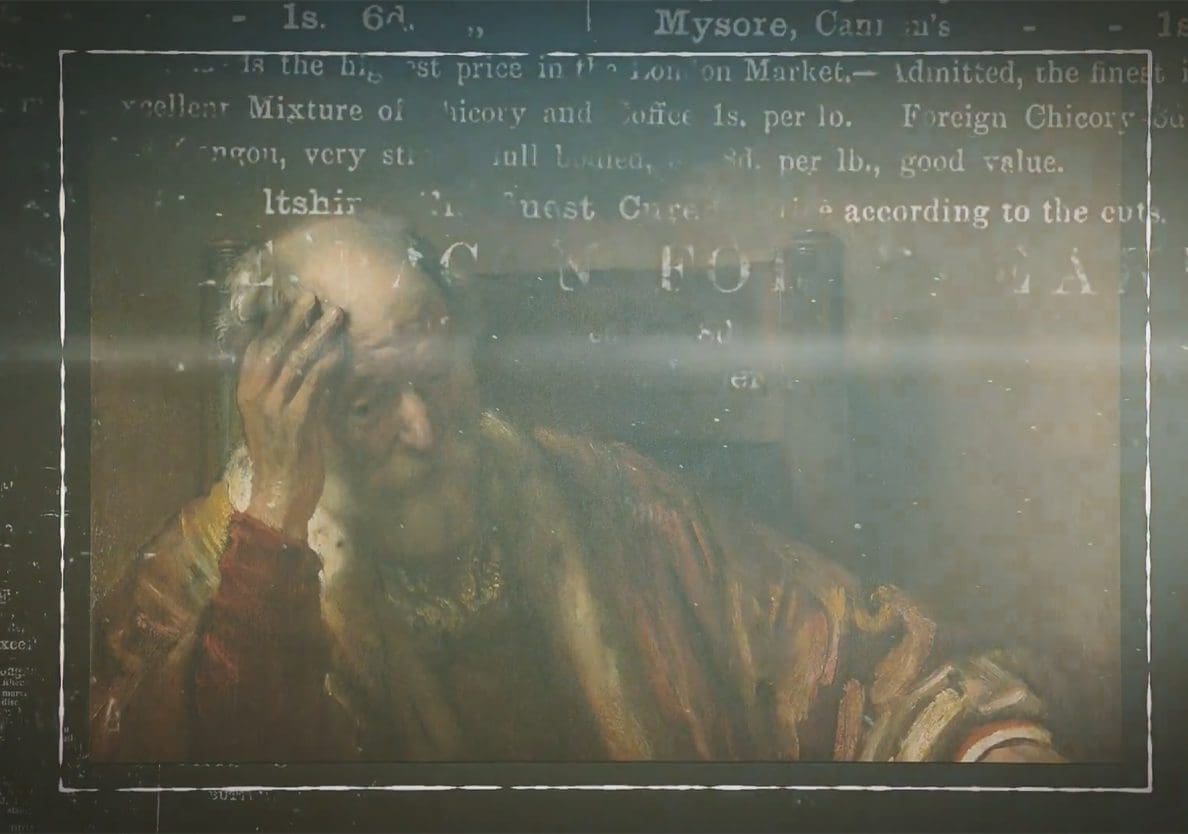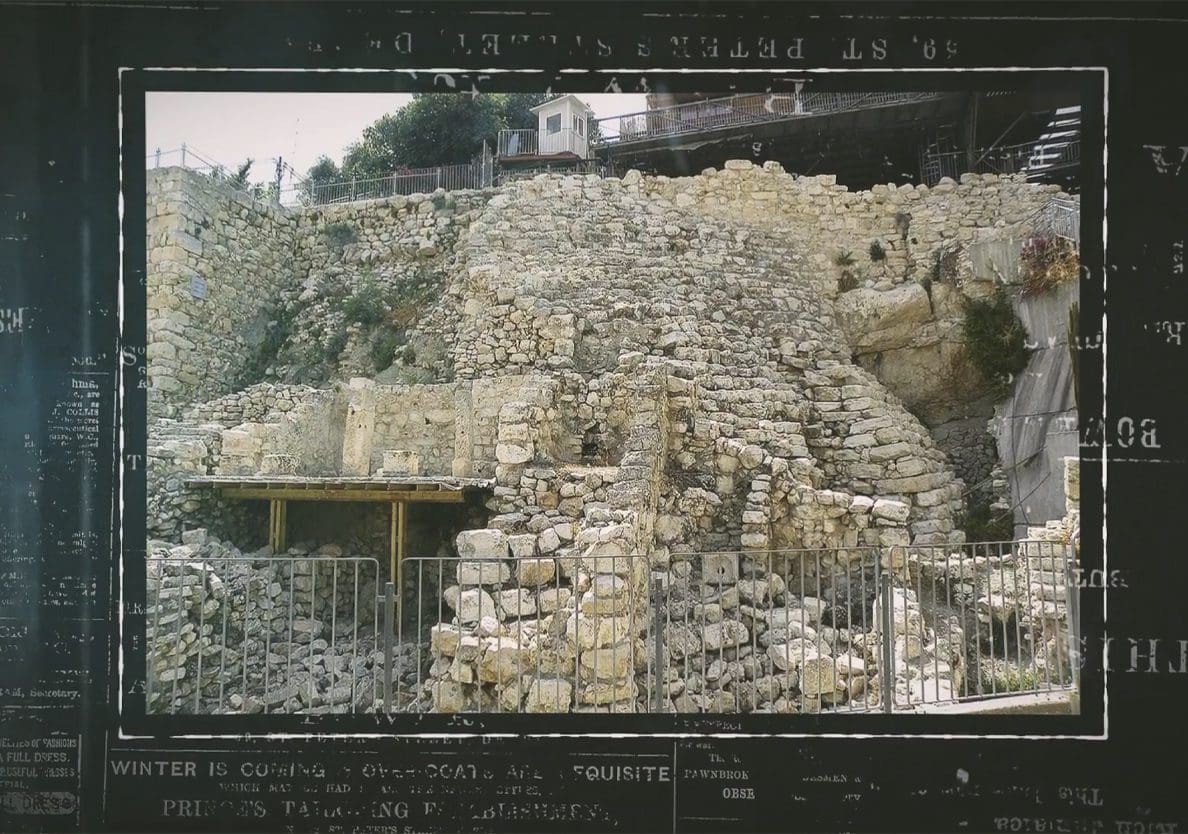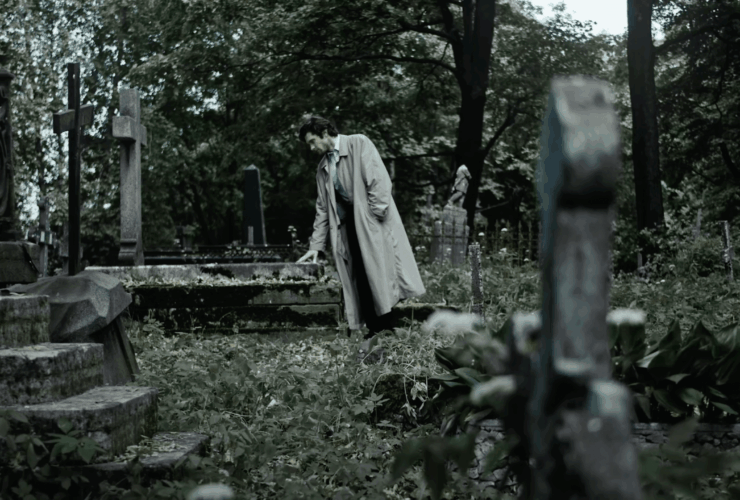Since the early years of his life, David had proven to be a great military champion with great vigor and energy, even defeating the mighty Philistine giant Goliath. However, many years later in 2 Samuel 21 we see the beginning stages of his physical decline. Now in his mid-sixties, he had decided to fight alongside his men in yet another Philistine battle involving even more giants. But this time the aging David became weary and would certainly have died at the hands of Goliath’s relative Ishbi-benob, if it wasn’t for one of his men. After this battle David’s men vowed to him: “You shall go out no more with us to battle, lest you quench the lamp of Israel.” (2 Samuel 21:17).
“Then David slept with his fathers and was buried in the city of David.”
1 Kings 2:10
The king was definitely on the decline and then, only a few years later (and a few chapters later) we find David “old and well advanced in years” (1 Kings 1:1). He was now 70 and his health was really failing him. Bedridden and unable to keep warm, his servants arrange for a beautiful young Shunammite woman named Abishag to take care of him and to lie in his arms, though he does not engage intimately with her (perhaps because he is unable to). Some scholars suggest that “David’s servants may have been testing his virility.”[1] In that day and culture impotence was a sign of fragility and weakness. For example, in a Sumerian lament from the third millennium BC it is said: “My youthful vigor has fled my thighs like a runaway donkey.”[2] David’s weakness may very well have been exactly what spurred on his son Adonijah to make an illegitimate attempt at the throne. Fortunately, David’s long-time friend and prophet Nathan discovered this conspiracy and when he and Bathsheba brought it to David’s attention, the king immediately appointed Solomon as the rightful monarch of Israel firmly securing the kingdom.
After David gives important instructions to Solomon the Bible records his death at the age of 70[3]: “Then David slept with his fathers and was buried in [Jerusalem] the city of David. And the time that David reigned over Israel was forty years.” (1 Kings 2:10-11). As the nineteenth century reverend James Freeman pointed out, “This was a departure from the ordinary custom, as the dead were usually buried outside the cities. It was therefore a mark of high honor to the remains of the departed king that he was buried within the city [of Jerusalem].”[4] As a matter of fact, “The royal tombs of David and his progeny were the only burials to be located within the confines of Jerusalem…The tomb was known as late as the first century AD (cf. Ac 2:29), but the modern-day [tomb attributed to David] is a much later construction on a nearby hill erroneously ascribed to [him] by Crusader pilgrims.”[5]


While it’s true that we don’t know where he was buried, we do know that David’s death was a massive loss for Israel as most of his successors proved to be rebellious and godless men who ultimately drove the nation into slavery and exile. Even to this day, the Jews are awaiting a godly King like David who will be their Shepherd and rule not only Israel but the whole world with righteousness and justice. Thankfully, in the Jewish Scriptures all the way from Genesis to Revelation God promises such a ruler and even reveals His very identity. None other than the King of kings and Lord of lords, Christ Jesus—God Himself.

Ryan Hembree is a daily co-host, speaker, and writer of Bible Discovery. He also hosts a YouTube channel that shows the unity of the Bible and how science and Scripture fit together. Ryan also has an honorary Masters of Ministry in Creation Science from Phoenix University of Theology.
[1] Catherine L. McDowell, ESV Archaeology Study Bible, Note on 1 Kings 1:3-4, P.465.
[2] Ibid.
[3] For a detailed chart of David’s chronology see Floyd Nolen Jones, The Chronology of the Old Testament, P.99-100.
[4] James Midwinter Freeman, Hand-Book of Bible Manners and Customs, 292.—Rarity of Burial in Cities., P.150-151.
[5] NIV Cultural Backgrounds Study Bible, Note on 1 Kings 2:10.






